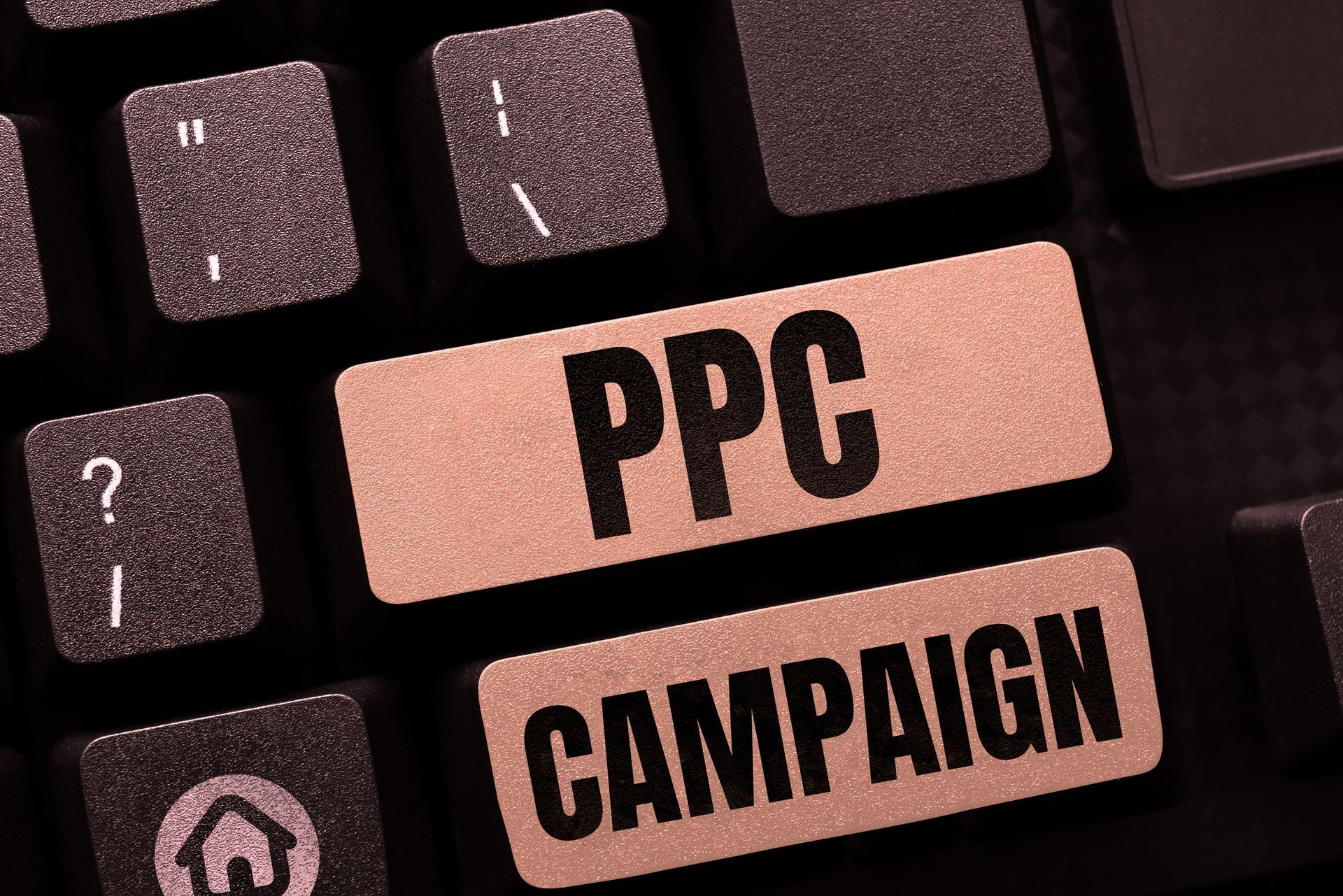On-Page vs. Off-Page SEO: Where Should You Invest?
On-Page vs. Off-Page SEO: Where Should You Invest?
In the vast world of digital marketing, mastering the art of SEO has become akin to holding a golden ticket. SEO strategies catapult your brand into the spotlight, ensuring you rank highly on search engine results pages (SERPs).
This increases traffic to your website and potentially, your customer base. However, for those new to SEO, the question often arises: Should I invest more in on-page or off-page SEO?
Today, we’re here to guide you through this decision-making process to help you optimize your SEO investment genuinely.
Introduction to On-Page and Off-Page SEO
SEO can be broadly split into two categories — on-page SEO and off-page SEO.
On-page SEO refers to the factors you can control on your own website, including content quality and structure, keyword optimization, and meta-tags, among others.
Conversely, off-page SEO involves the tactics used outside of your website to impact your rankings within search engine results pages. This includes link building, social media marketing, and influencer outreach.
Both elements are crucial in a comprehensive
digital marketing strategy, but they serve different purposes and require varying levels of investment in time and resources.
Comparison of On-Page and Off-Page SEO
- Control: On-page SEO is within your control, allowing you to manage and optimize your website's content and structure directly. Off-page SEO, however, relies on external factors and the cooperation of others, such as getting backlinks from other websites.
- Immediate Impact: Changes made in on-page SEO can have an immediate effect on your website’s visibility and search rankings. Off-page SEO efforts, like link building and influencer marketing, often take longer to show results.
- Cost: On-page SEO can often be more cost-effective since it mainly involves optimizing your existing website, which can be done with the resources you already have. Off-page SEO might require more investment, especially if you're hiring external agencies for link-building campaigns or influencer partnerships.
- Measurability: The impact of on-page SEO is easier to measure with tools like Google Analytics. You can directly observe how changes to your site affect your traffic and rankings. The results of off-page SEO can be more challenging to measure directly because they depend on external actions.
- Sustainability: The benefits of on-page SEO are generally more sustainable over the long term because you have continuous control over your website’s optimization. Off-page SEO requires ongoing effort to maintain relationships and build new links to keep your site ranking well.
These points highlight the importance of balancing both on-page and off-page SEO strategies. While both are crucial, understanding their differences and how they complement each other can help in prioritizing your efforts effectively.
Advantages and Disadvantages of On-Page and Off-Page SEO
On-Page SEO
Advantages
- Complete control over optimization efforts.
- Direct improvements to the user experience.
- Cost-effective strategy with long-term benefits.
Disadvantages
- Time-consuming to implement correctly.
- Requires continuous updating and content creation.
Off-Page SEO
Advantages
- Builds site trustworthiness and authority.
- Exposes your site to wider audiences.
Disadvantages
- Less control over external SEO factors.
- Efforts may take longer to reflect in rankings.
Where to Invest: Decision-Making Factors
In deciding where to channel your SEO efforts, consider the following:
- Industry and competition: High-competition industries might benefit more from robust off-page SEO to stand out.
- Business goals: If brand credibility is a target, off-page SEO can wield more influence.
- Resource availability: On-page SEO can be more budget-friendly and manageable for small teams.
Ultimately, the decision should align with your current business needs and future growth objectives.
Best Practices for Balancing On-Page and Off-Page SEO
To achieve the best results, businesses should strive to balance both on-page and off-page SEO efforts. Here’s how:
- Start with a Solid Foundation: Prioritize on-page SEO to ensure your website is fully optimized for search engines. This includes having high-quality, keyword-rich content, fast loading times, and a mobile-friendly design.
- Create Valuable Content: Content is king in both on-page and off-page SEO. Create compelling, useful content that adds value to your audience. This will not only improve your on-page SEO but also increase the likelihood of earning backlinks for off-page SEO.
- Leverage Social Media: Use social media platforms to promote your content and website. This can increase your visibility and traffic, which indirectly benefits your SEO efforts.
- Engage in Guest Blogging: Contributing to other blogs and publications can help build your authority and get backlinks, bolstering your off-page SEO.
- Monitor Your Backlink Profile: Keep an eye on who is linking to you and ensure the links are from reputable sites. Use tools to disavow any harmful links.
- Stay Consistent: SEO is a long-term strategy. Consistently apply best practices in both on-page and off-page SEO to see sustained results.
- Keep Up with SEO Trends and Algorithm Updates: SEO is constantly evolving. Stay informed about the latest trends and algorithm changes to adapt your strategies accordingly.
- Measure and Analyze Your Results: Use analytics to track your performance and understand the impact of your on-page and off-page SEO efforts. Adapt your strategy based on what the data tells you.
By integrating these practices, businesses can develop a balanced SEO strategy that supports sustained growth and visibility in search engine results.
Conclusion
There is no one-size-fits-all answer to whether you should invest more in on-page or off-page SEO. However, a balanced approach that leverages the strengths of both strategies is typically the most effective route.
Navigating the SEO landscape requires patience, perseverance, and a bit of strategic forethought. By understanding the nuances of on-page and off-page SEO, you can better allocate your resources.
Ready to elevate your SEO game and drive meaningful results? Contact us today!
Click here for a quick call - 14433975003 or drop an email at moreinfo@digitaldreamscapemarketing.com









![How to Set Up and Optimize Google Business Profile in 5 Minutes [2024]](https://lirp.cdn-website.com/0461b649/dms3rep/multi/opt/103417557_m_normal_none-1920w.jpg)
